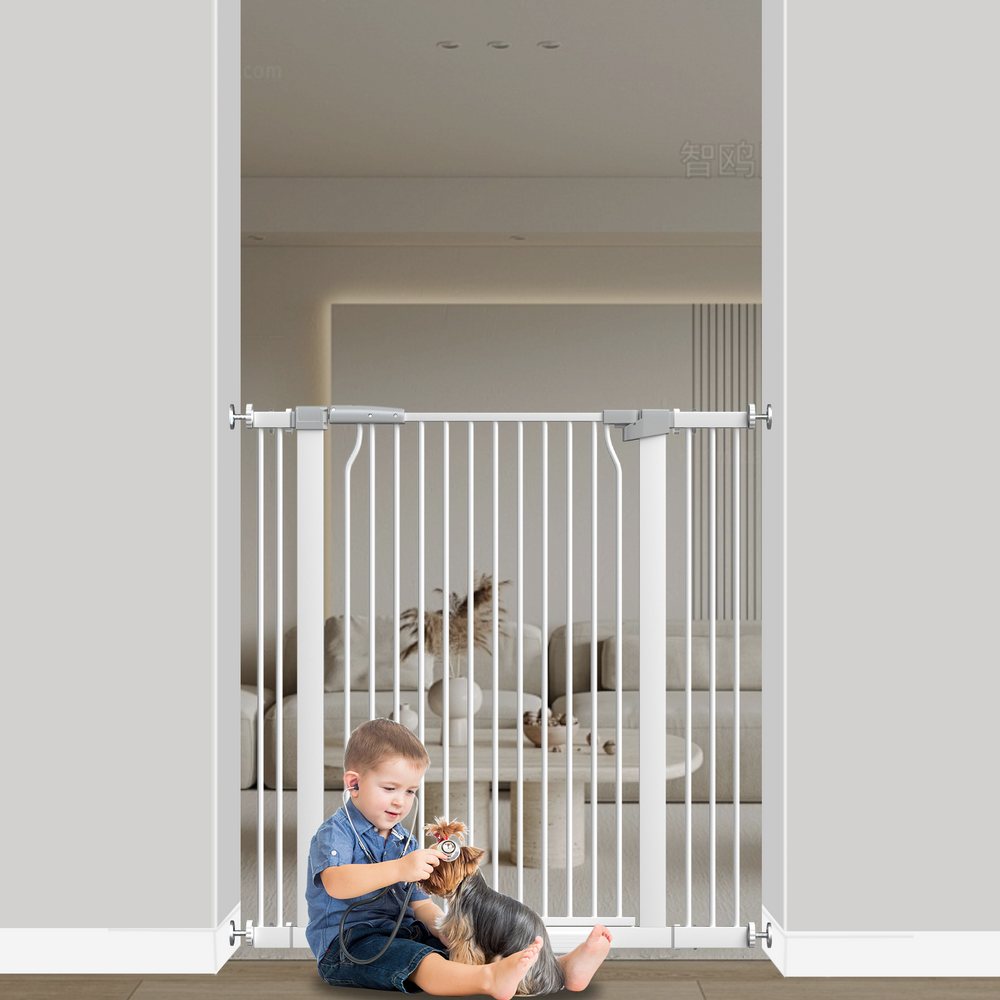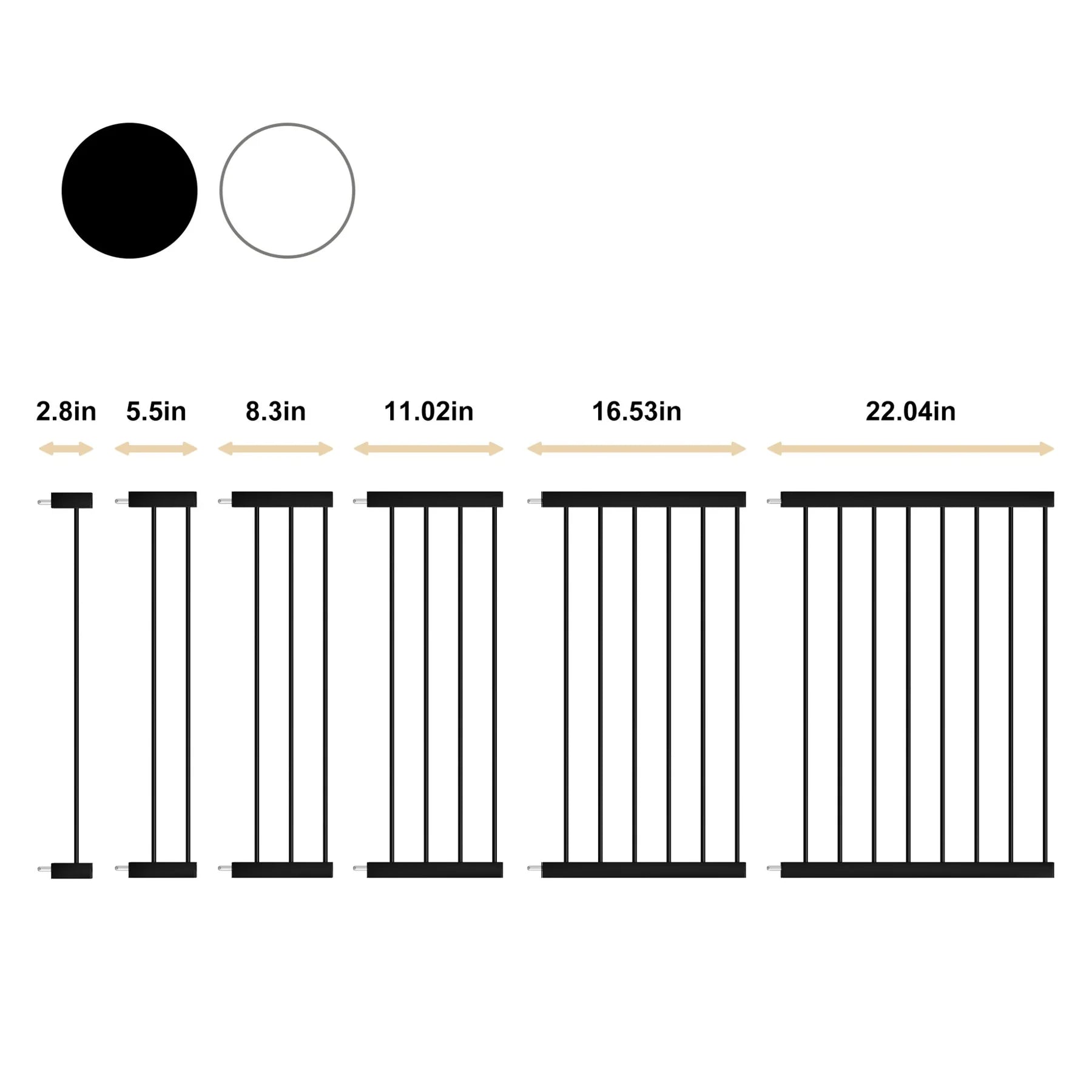Babies for Beginners: 7 Tips to Take Care Your Newborn Babies
Bringing a newborn into your family is a journey filled with joy, excitement, and admittedly, a bit of anxiety! Whether you're a first-time parent or just need a refresher, this straightforward guide is here to help you navigate the wonderful world of newborn care. Let's dive into the essentials of baby care, from feeding to sleeping, and everything in between.
1. Feeding Your Newborn: The Basics
Whether you choose to breastfeed, formula feed, or a combination of both, feeding your newborn is your top priority. Here's what you need to know:
- Breastfeeding: It's natural but not always easy. Don't hesitate to seek advice from a lactation consultant if you're having trouble.
- Formula Feeding: There are many types of formula available. Consult with your pediatrician to find the best fit for your baby.
- Feeding Schedule: Newborns typically need to be fed every 2-3 hours. Watch for hunger cues like lip-smacking and sucking motions.
2. Decoding Sleep Patterns
Ah, sleep – the holy grail for new parents. Newborns sleep a lot, but not always when you want them to. Here's a quick guide:
- Sleep Duration: Expect your newborn to sleep 14-17 hours a day.
- Sleep Environment: A quiet, dark room with a firm mattress is ideal.
- Safety First: Always put your baby to sleep on their back to reduce the risk of SIDS (Sudden Infant Death Syndrome).
3. Diaper Duty
Changing diapers is a task you’ll become very familiar with. Here’s what you need to know:
- Frequency: You'll be changing diapers around 10 times a day.
- What's Normal: Newborns have frequent, soft bowel movements. Consult your pediatrician if you notice any unusual changes.
- Diaper Rash: Keep an eye out for diaper rash. Changing diapers regularly and using rash cream can help prevent it.
4. Bath Time Basics
Bathing a newborn can be nerve-wracking, but it's also a great bonding experience.
- Frequency: Two to three times a week is usually enough unless your baby is particularly messy.
- Safety First: Never leave your baby unattended in the bath.
- Water Temperature: Keep the water warm, not hot. Test it with your elbow or wrist to be sure.
5. Understanding Cries
Your baby's primary way of communicating is through crying. It can mean they're hungry, tired, need a diaper change, or just want to be held. With time, you'll start to differentiate between their cries.
6. Health and Well-being
Regular pediatrician visits are crucial for monitoring your baby’s growth and development. Keep up with vaccinations and don’t hesitate to call your doctor if you have concerns.
7. Bonding with Your Baby
Last but not least, enjoy this special time. Sing to your baby, cuddle them, and talk to them. These simple acts of love and attention are crucial for their emotional development.
Remember, every baby is different, and what works for one may not work for another. Trust your instincts, seek support when needed, and take care of yourself too. Welcome to the amazing journey of parenthood – it’s a rollercoaster ride, but it’s the most rewarding one you’ll ever be on!






Leave a comment